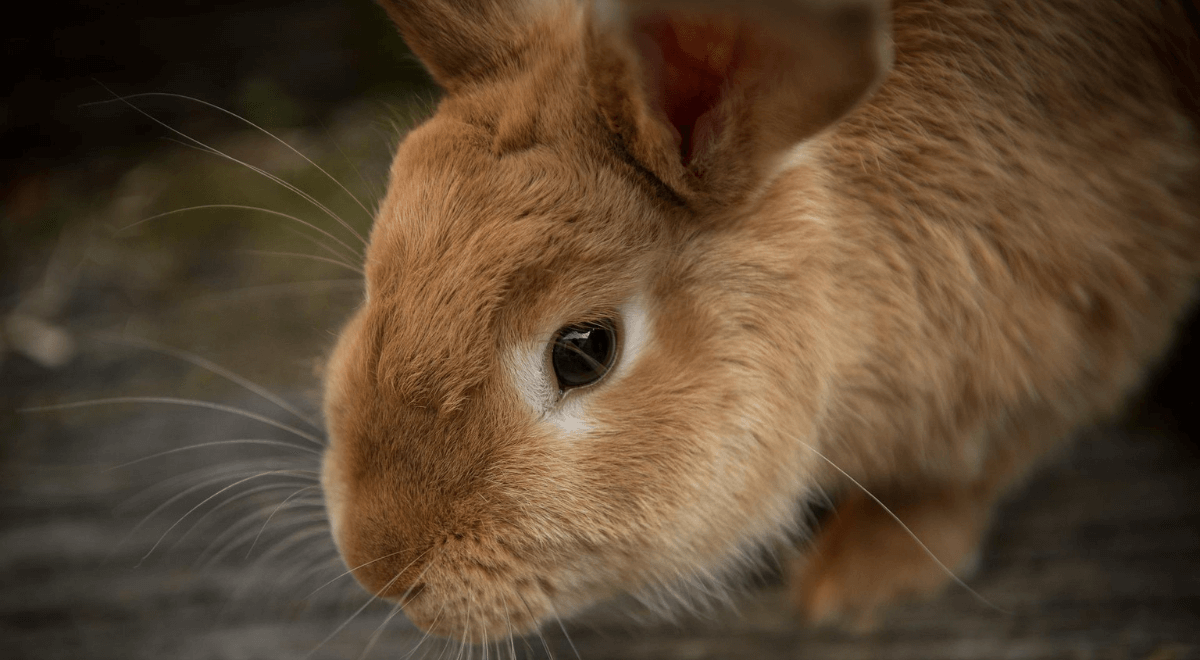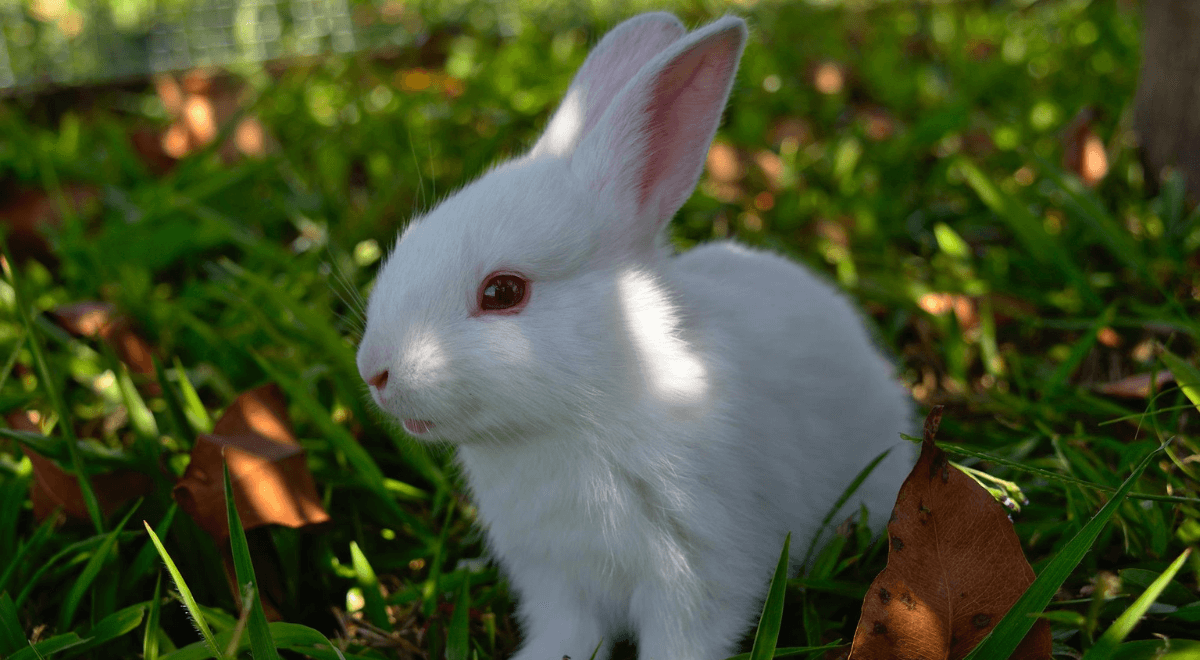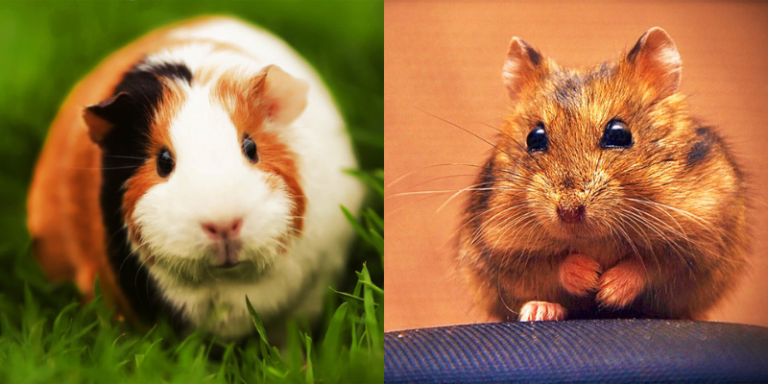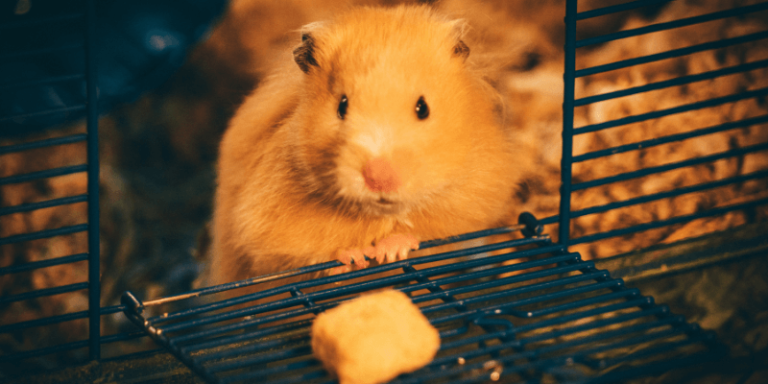Things to Be Mindful of Before Having a Pet Rabbit
If you are thinking of welcoming a pet rabbit into your home, you can be sure that you’re making the right choice. Many people who have never owned rabbits before, have the perception that rabbits have little to no personality, or are quite passive. However, in reality, rabbits have natural inclinations towards developing strong bonds with their owners as well as distinct and unique personalities. Just like dogs or cats, rabbits can be affectionate and playful, while others can be quite shy and self-contained.
Rabbits are significantly smaller in size in comparison to dogs or cats, and generally do not need a lot of space as they do. They can get enough exercise from running around outside their cages in a closed room or closed outside space for a couple of minutes per day. Better yet, rabbits are considered to have long-life spans (of around 12 years); which is excellent news to hear for someone looking for a small and trouble-free companion. On the other hand, like with any other pet, there are several things one must take into account when thinking of getting a rabbit.
Can Rabbits Live Together?
– Perhaps one of the most important things to be mindful of is having both a male and female rabbit. You must be careful about not housing a male and female adult rabbit at the same time. Rabbits of the opposite sex quickly develop mating behaviours, so you would likely end up as a guardian of many rabbits in no time.
– If you are eager on housing two rabbits though, make sure they are of the same sex, neutered, and originate from the same litter. This will avoid any issues in being territorial and aggressive towards each other.
Living Space

– Although pet rabbits do not require a significant amount of space, it is essential to know that the more rabbits you want to keep, the more space you will need. A large cage for two rabbits can be enough, keeping in mind that they can exercise daily outside their cages to stretch out.
– However, any more rabbits in a single space can create anxiety and depression; and therefore, an unfortunate potential of a lower lifespan.
Diet
– Rabbits usually eat a substantial, yet an occasional amount of fresh vegetables and fruit, as well as an unlimited amount of hay or fresh grass.
– Rabbit’s diet must be taken into account very seriously as any mistakes or miscalculations could be fatal for them.
– Most importantly, commercial rabbit pellets must be avoided at all costs, since research has disclosed this to prove counterproductive. For example, a rabbit’s metabolism is rapid; hence it is essential for them to have a regular supply of food at all times. It is a common perception of rabbits loving carrots and other green vegetables. Although this is true, rabbits cannot eat these regularly as they are actually somewhat harmful to their digestive system.
Hygiene

– Cleaning schedules with dogs and cats are heavy enough; it generally consists of picking up their waste and changing the cat litter, as well as brushing the fur from their body, but also from the furniture of your house.
– With rabbits spending most of their time in their cage, they may give off the impression that cleaning is a lot less complicated and is not needed as much. However, it is a big mistake to think this way. Having said that rabbits eat a lot, it is normal for them to produce a lot of waste; which means that their cage and living space needs a lot of deep cleaning at least twice a week.
– Deep cleaning includes removing all toys and accessories and scrubbing them down with water and soap, removing and changing their bedding for clean ones, and thoroughly cleaning the cage itself, by paying specific attention to urine spots.
– Cleaning the cage, using bleach and other chemical cleaning products is not recommended as they could be harmful to the rabbit; especially in wooden cages since wood tends to absorb liquids well.
– If you do need to disinfect, you may want to use one part bleach to ten parts water to dilute it as much as possible. Alternatively, using organic and natural products such as a water and vinegar mixture is a very good option as well.
– On the other hand, rabbits do need their cages to be cleaned daily in different ways. Leftover vegetables and fruits have to be removed every day to avoid the production of bacteria, fungi and flies. Their food and water bowls must be cleaned out, and periodically water must be replaced with fresh water as well.
– To make your life easier when you have to do a deep cage clean, get into the habit of spot cleaning small messes like urine clumps and droppings. You can do this by adding more hay and changing out the old one.
– All in all, the cleaning schedule and regime for rabbits is a lot more complicated than owners generally think; which makes it a vital aspect of consideration before getting a rabbit home.
Children and Rabbits
– Rabbits (especially young ones) are very delicate and can get hurt easily or even killed if mishandled. Therefore, it is imperative to establish boundaries and teach children to respect and hold them correctly for the benefit of everyone.
– People and children can develop allergies to rabbits regardless of them not having shown signs of allergies to any other animals. This means that before getting a rabbit, it would be a good idea for the family to get medically tested if there is any potential of developing an allergy. It would be extremely traumatising for both the rabbit and the child to have to return it to a shelter or give it away.
Overall, owning a rabbit can bring incredible amounts of joy to the family, but it is essential to consider certain things before making any decision.




